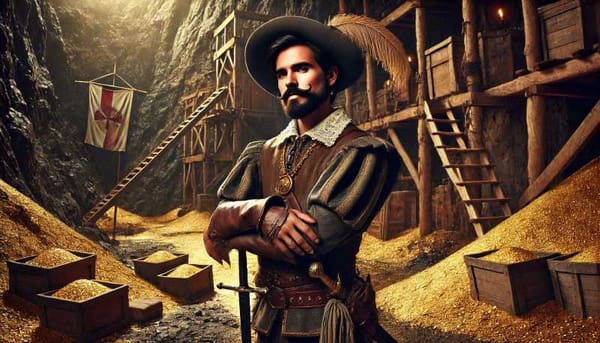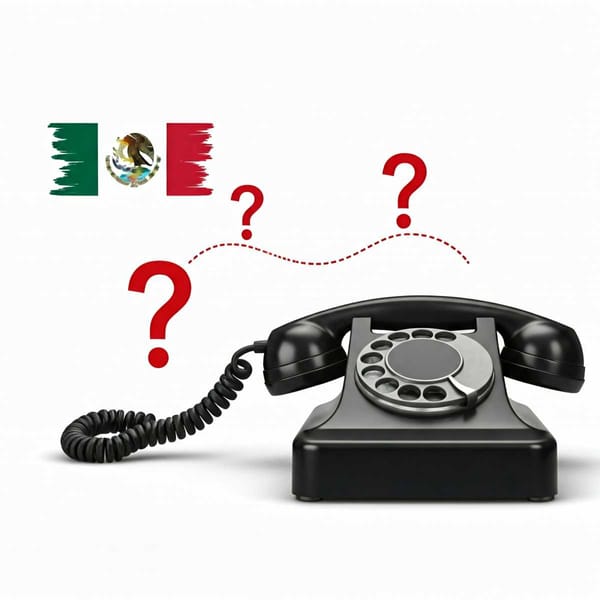The Rich History and Cultural Significance of Baseball in Mexico
Discover the fascinating history of baseball in Mexico to the present day, where it is one of the most popular sports in the country. Learn about the many famous players who have played in the Mexican League and how it has grown into an important part of baseball around the world.

Baseball, the national pastime of the United States, has been played in Mexico for over a century. The origins of baseball in Mexico are not entirely clear, but it is believed to have been introduced to the country by American sailors and miners in the late 1800s. Today, baseball is a popular sport in Mexico. It has a long and interesting history, with some of the country's best-known and most-loved athletes coming from its ranks.
The early years of baseball in Mexico were marked by the sport's association with American expats living and working in the country. The first recorded game of baseball in Mexico took place in 1847 when American soldiers stationed in Veracruz played a game against a team of Mexican soldiers. However, it wasn't until the late 1800s that baseball began to take hold in Mexico, thanks in part to the efforts of American railroad workers who brought the game with them as they built railroads across the country.
By the early 1900s, baseball had become a popular pastime in Mexico, with teams sprouting up in cities and towns across the country. One of the earliest and most successful Mexican baseball teams was the Mexico City Red Devils, which was founded in 1902 and quickly became a dominant force in the country's nascent baseball scene. The Red Devils, along with other early Mexican baseball teams like the Monterrey Sultans and the Tampico Lightermen, played a key role in helping to popularize the sport and establish it as a beloved part of Mexican culture.
In the 1930s, the Mexican League was founded, which represented a major turning point for baseball in Mexico. The league was established as an alternative to the American Major Leagues, which at the time had strict racial segregation policies that barred players of color from participating. As a result, many talented Latin American players, including Mexican players, were denied the opportunity to play in the United States. The Mexican League gave these players a new place to show off their skills and compete at a high level. It quickly became a big draw for fans in Mexico and around the world.
One of the most notable players to emerge from the early years of the Mexican League was Baldomero "Mel" Almada, a Mexican outfielder who became the first player from Mexico to play in the American Major Leagues. Almada played for several teams during his career, including the Boston Red Sox and the Washington Senators, and he paved the way for future generations of Mexican baseball players to follow in his footsteps.
Throughout the 1940s and 1950s, baseball continued to grow in popularity in Mexico, with the Mexican League attracting top talent from across Latin America and even from the United States. One of the most successful Mexican League teams of this era was the Mexico City Tigers, who won multiple championships and helped to establish Mexico City as a baseball powerhouse.
In the 1960s and 1970s, the Mexican League faced a series of challenges, including declining attendance and financial instability. However, the league persevered and continued to play a key role in the development of baseball in Mexico. In 1979, the Mexican League was reorganized and became a part of Major League Baseball's minor league system in the United States. This made the relationship between the baseball communities of the two countries even stronger.
Today, baseball is one of the most popular sports in Mexico, with millions of fans and a thriving professional league. The Mexican League, which used to be a minor league but is now an independent league, has 16 teams from all over the country. It has produced many famous players who have gone on to do well in the U.S. and other places.
The Mexican League has been home to many legendary players, including Fernando Valenzuela, a left-handed pitcher who became a sensation in the United States in the early 1980s, leading the Los Angeles Dodgers to the World Series in 1981. Other famous players who have played in the Mexican League include Roberto Avila, the first Mexican player inducted into the Baseball Hall of Fame, and Vinny Castilla, a third baseman who played for several Major League teams, including the Colorado Rockies and the Houston Astros.
Mexican baseball also has a unique cultural significance. The sport has been a source of pride and unity for Mexicans, and it has played a role in the country's national identity. Baseball is commonly referred to as "La Pelota" in Mexico, and many families attend games together as a way to bond and connect. Baseball has also been featured in Mexican literature, music, and art, and it has become a symbol of the country's rich cultural heritage.
Today, baseball remains one of the most popular sports in Mexico. The Mexican League continues to attract top players from around the world, and the league has expanded to include teams from all over the country. Mexico has also become a key player in international baseball, and the country has hosted several important tournaments, including the 2017 World Baseball Classic.
Despite its long and rich history, Mexican baseball faces challenges as it continues to evolve. The sport competes with soccer for the attention of Mexican fans, and many young people are drawn to other sports, such as basketball or mixed martial arts. Baseball in Mexico has also had problems with corruption and scandal, with some teams and players being accused of doing things that aren't right.
To address these challenges, Mexican baseball is working to modernize and adapt. The league has implemented new technology and training techniques, and it has worked to promote the sport to younger generations. Mexican baseball has also sought to strengthen its ties with Major League Baseball, collaborating on player development programs and international competitions.
Mexican baseball has a rich and complex history, rooted in the country's deep cultural traditions and driven by the passion of its fans. From its humble beginnings as a pastime for American expatriates to its current status as a national institution, baseball in Mexico has evolved and grown, leaving a lasting legacy in the country's sports and cultural landscape. Mexican baseball will continue to be an important part of the country's national identity and cultural history as long as the sport keeps changing and adapting.




